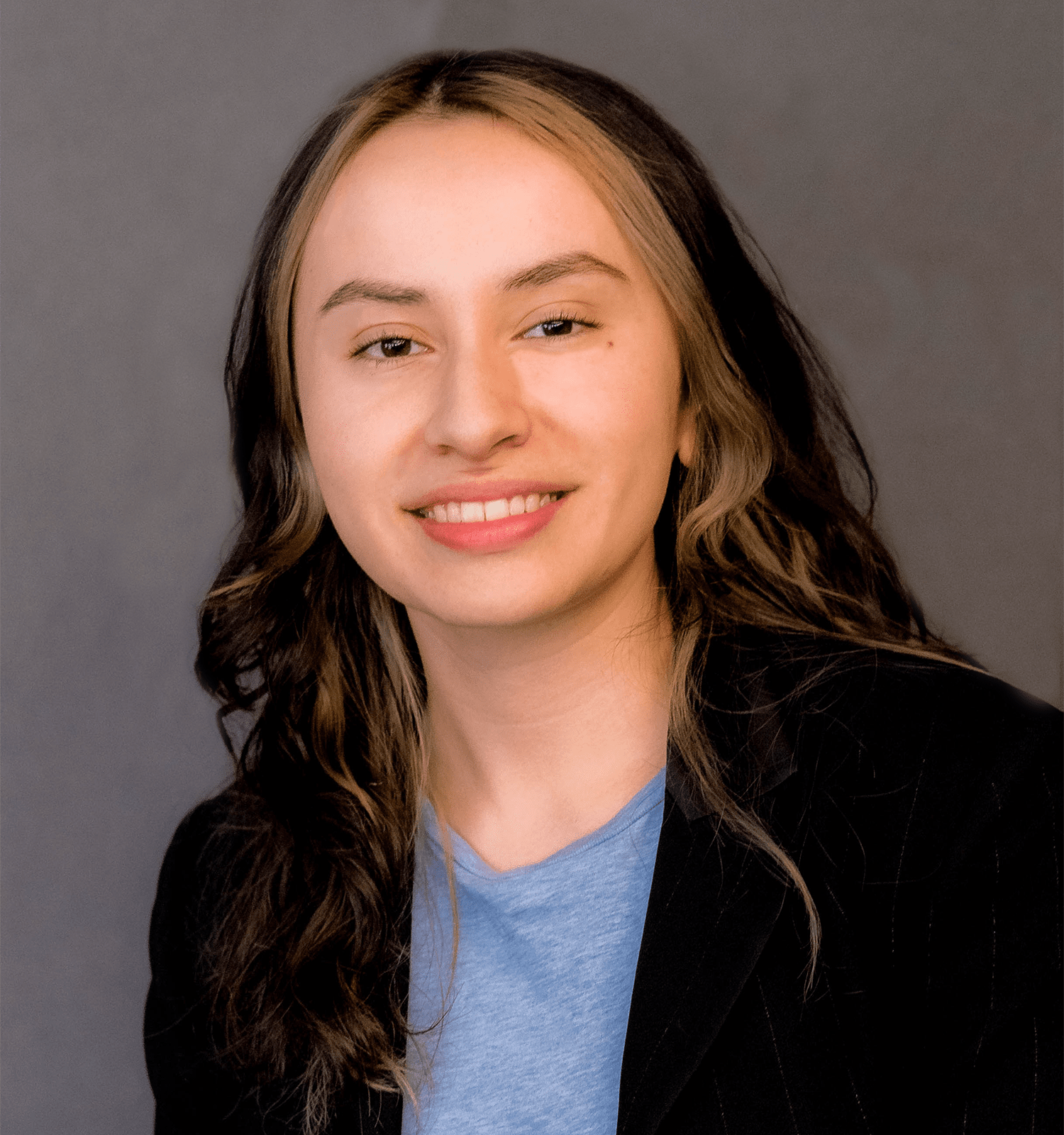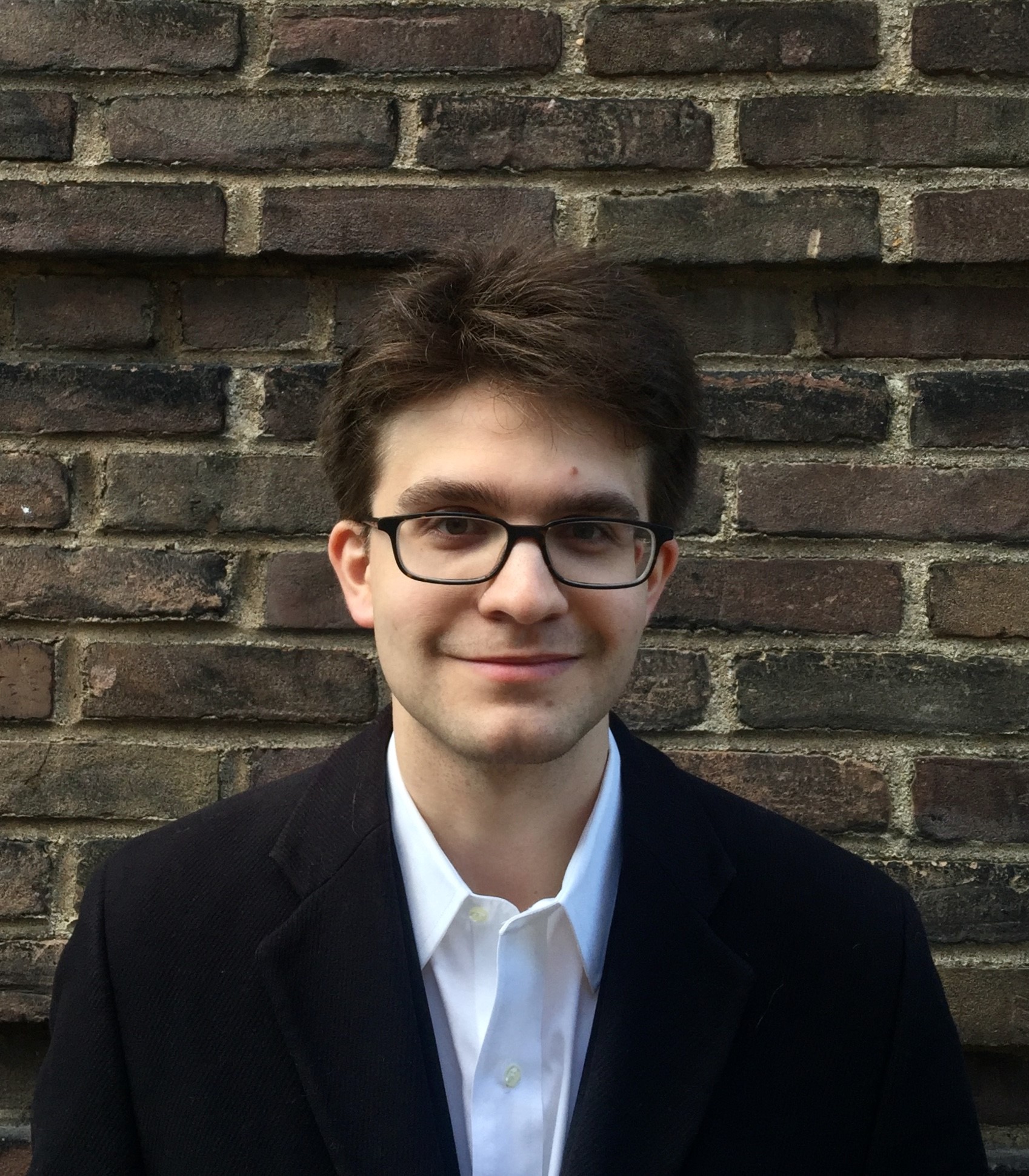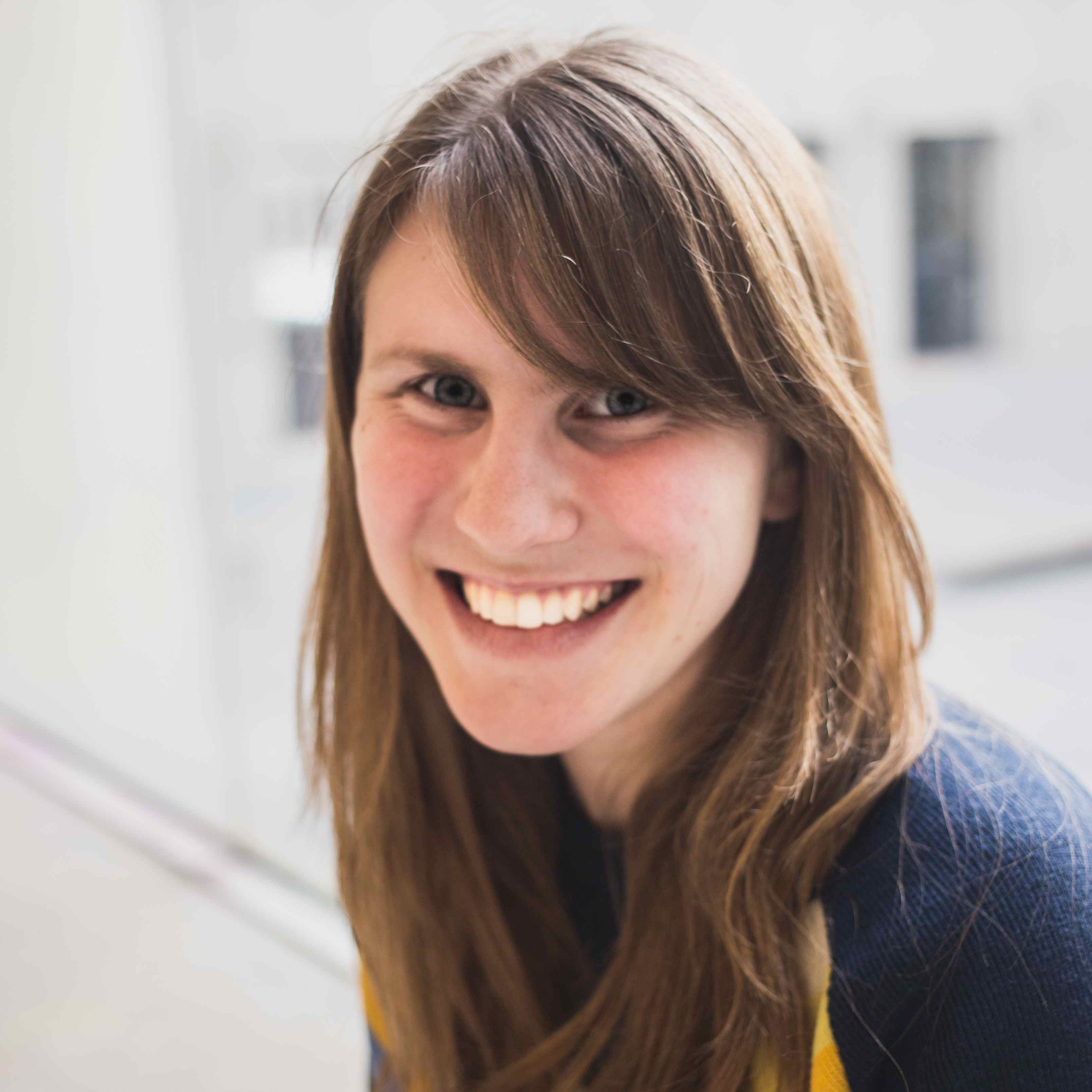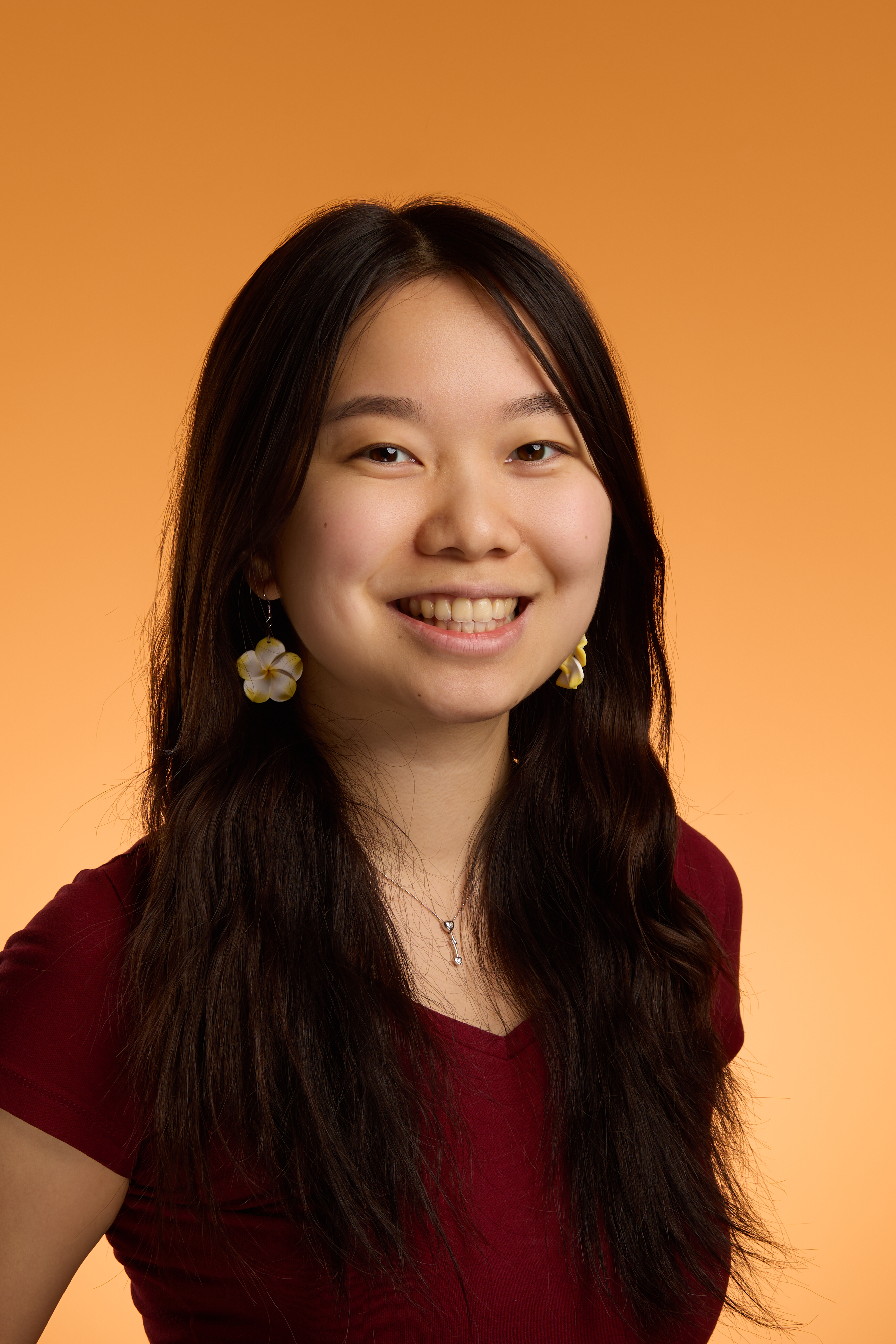Directory
- Share
Laura Isabel (Laurisa) Sastoque Pabon
- Alumni
- Colombia
- 2023 MPhil Digital Humanities
- St John's College

Laura Isabel (Laurisa) Sastoque Pabon
- Alumni
- Colombia
- 2023 MPhil Digital Humanities
- St John's College
Growing up in Bogotá, Colombia, I grappled with the idea of conveying a more truthful and nuanced portrayal of our people’s history to the rest of the world. In 2019, I moved to the United States to pursue a degree in History and Creative Writing, with a minor in Data Science, at Northwestern University. During my studies, I became intrigued by the stigmatization of Colombian immigrants due to our association with drug trafficking history. This interest evolved into a senior thesis that analyzed hundreds of periodical sources and oral histories to uncover how this narrative evolved. Now pursuing an MPhil in digital humanities at Cambridge, I’m merging my interests in immigration narratives and digital methods to develop a GIS map that provides a fresh perspective on the complex relationship between Colombian identity and drug trafficking. My goal is to create a digital exhibition that challenges stereotypes about global Colombians and Latin Americans, showcasing it at museums and galleries worldwide with the help of the Gates Community. I’m excited to open up new avenues for understanding and appreciation of our historical memory.
Previous Education
Northwestern University History, English, Data Science 2023
Nicholas Swett
- Alumni
- United States
- 2020 PhD Music
- St Edmund's College

Nicholas Swett
- Alumni
- United States
- 2020 PhD Music
- St Edmund's College
As an undergraduate in cello and literature at Northwestern, I studied new approaches to concert programming and integrated theories of literary translation into performance practice. I later worked as a teaching artist, designing educational workshops and community concerts throughout the Chicagoland area. I saw firsthand the powerful experiences listeners of many ages and backgrounds can have when engaging with unfamiliar types of music. I love to play and study modern and contemporary repertoire, but this music tends to be particularly challenging for audiences. At Cambridge, my research will focus on helping listeners to grapple with these less familiar musical languages. I will combine methods in music analysis and cognitive psychology to explore stylistic translations - pieces of music that bridge the gaps between musical styles and lead the ear from more familiar sound worlds to less familiar ones. I will draw on the literature on analogy and structure mapping in education to investigate how music learning relates to learning in other domains. I hope to deepen ties between music researchers and concert practitioners, developing new ways of presenting the extraordinary music written in the last 100 years.
Previous Education
The University of Sheffield Psychology of Music 2019
Northwestern University Cello Performance and Comparative Literature 2016
Michelle Teplensky
- Alumni
- United States
- 2014 PhD Chemical Engineering
- Downing College

Michelle Teplensky
- Alumni
- United States
- 2014 PhD Chemical Engineering
- Downing College
My passion for chemical engineering has led me to the interdisciplinary field of drug delivery and nano-based medicines. While completing a B.S. in Chemical-Biological Engineering at MIT, I had the incredible opportunity to research a variety of chemical engineering applications, including enzyme engineering, biomaterials, and nanotherapeutics. These experiences, and my internships in industry, have given me a holistic view of the field and sparked my curiosity to address it further. At Cambridge, for my PhD Chemical Engineering, I pursued a project that combined novel technologies in engineering, biotech, materials science, and biopharmaceuticals, to address the existent global problem of treating debilitating diseases with a more effective drug delivery using Metal-Organic Frameworks (MOFs). The relationships, knowledge, and technical skillset I gained at Cambridge, through the opportunity from the Gates Cambridge Scholarship, have been influential in building my career as a nanomedical researcher and driver of the commercialisation of new therapies.
I worked as a postdoctoral fellow at Northwestern University, synthesizing 3D nanoscale architectures called spherical nucleic acids (SNAs) to provide kinetic control and delivery of vaccine components (stimulant and target molecules) as a potent immunotherapy. I applied this system to various diseases (including cancer and infectious disease) to analyze efficacy in helping develop immunity.
Now, as a professor at Boston University, I lead a research group working to use nanomaterials design to improve the efficacy of immunotherapies through programmed immune activity.
Previous Education
Massachusetts Institute of Technology B.S. Chemical-Biological Engineering 2014
Rachel Zhang
- Scholar
- United States
- 2025 PhD Applied Mathematics and Theoretical Physics
- Emmanuel College

Rachel Zhang
- Scholar
- United States
- 2025 PhD Applied Mathematics and Theoretical Physics
- Emmanuel College
There’s a special thrill when a difficult concept I have been trying to understand finally clicks. I chased this feeling as an undergraduate studying physics at the Massachusetts Institute of Technology and fell in love with the mathematical rigor physics uses to explain fascinating phenomena. After starting a PhD in astronomy at Northwestern University, a research internship at the Center for Computational Astrophysics in the Flatiron Institute encouraged me to pivot towards machine learning research, leading me to leave the program with my Master's. During this internship, I worked on machine learning for astronomy and realized how impossible it is to understand the insights these models gain when treated as black boxes. This revelation sparked my passion for interpretability—breaking down what information successful machine learning models have actually learned. As a PhD student at the University of Cambridge, my research will focus on developing tools to peer inside these black boxes in physics and astronomy, with hopes to extend these methods to other fields. I am incredibly honored to join the Gates community and will work hard towards ensuring AI serves as an insightful partner in advancing scientific discovery.
Previous Education
Massachusetts Institute of Technology Physics
Northwestern University Astronomy








